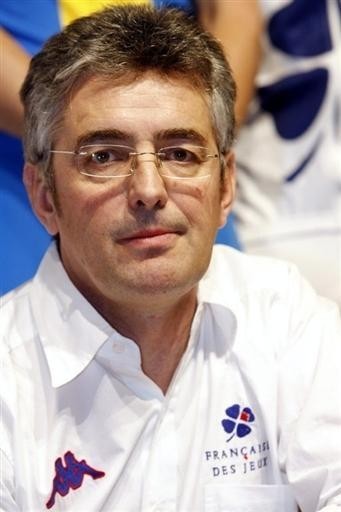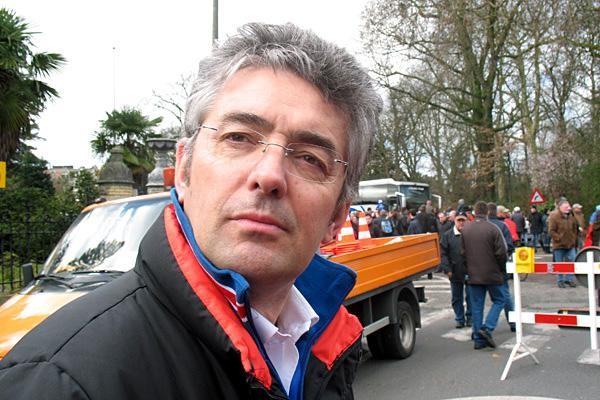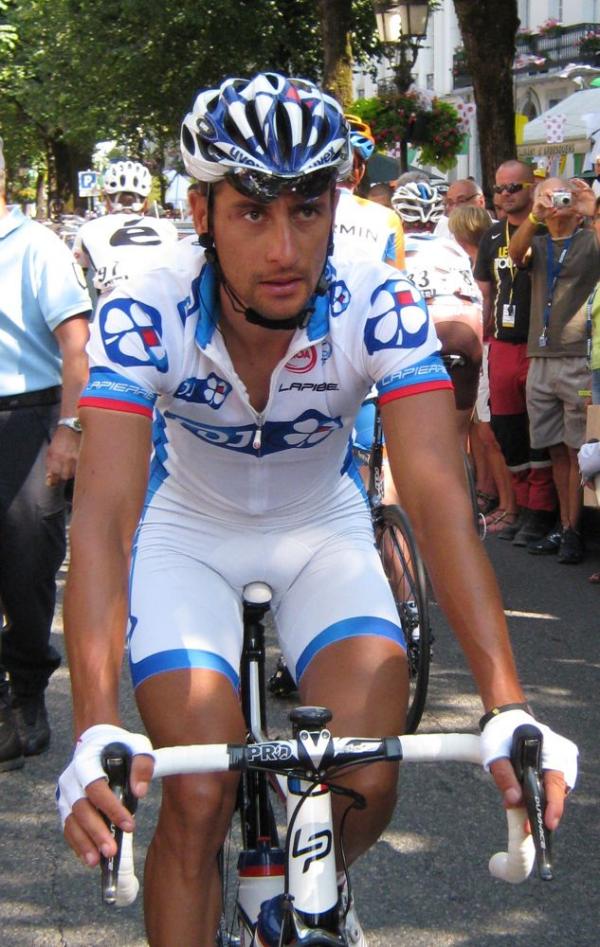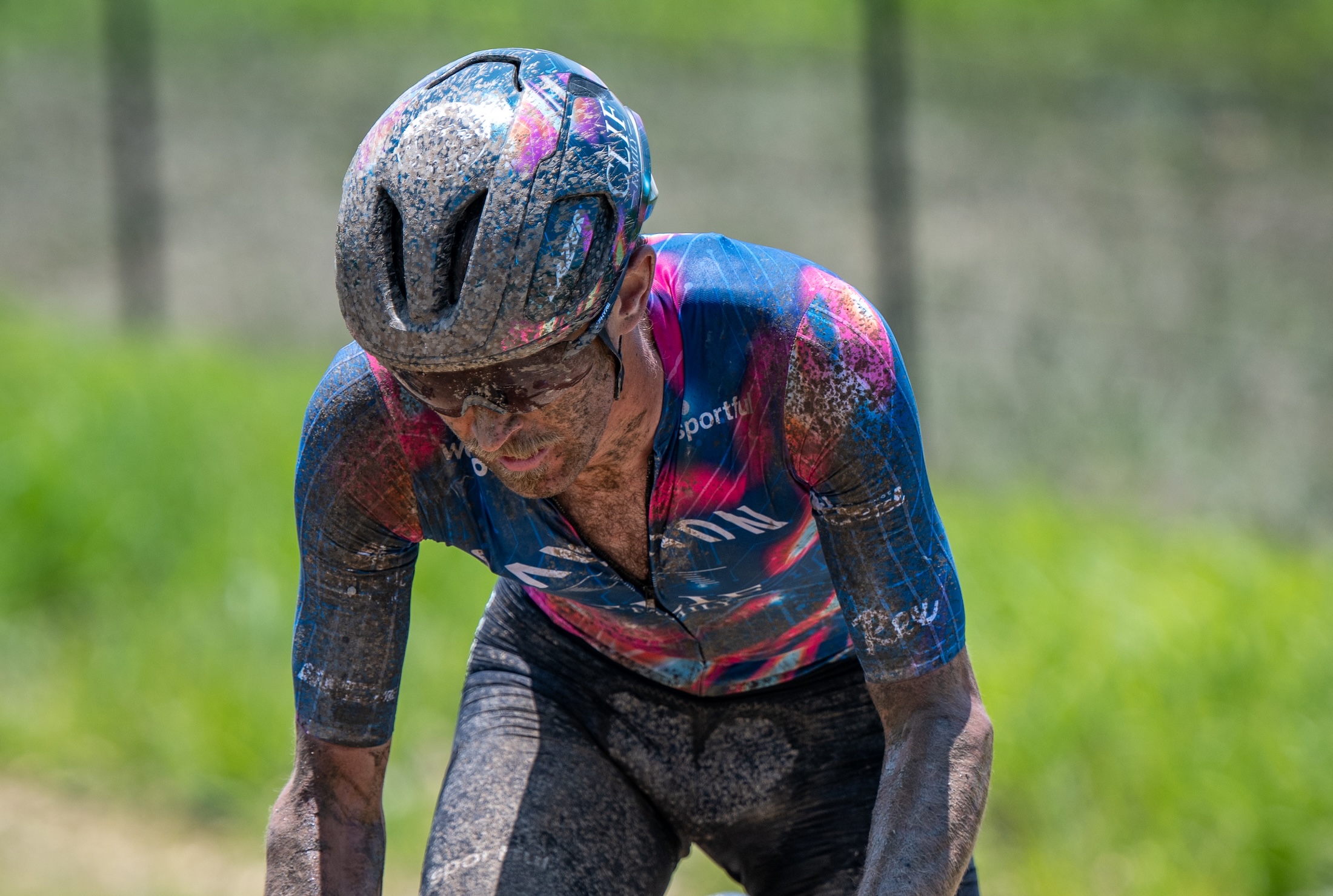ProTeam points system not perfect, says Madiot
FDJ manager criticises UCI ranking over ethics
The latest race content, interviews, features, reviews and expert buying guides, direct to your inbox!
You are now subscribed
Your newsletter sign-up was successful



Marc Madiot, manager of the French FDJ squad, has been critical of the new points system developed by the UCI to evaluate the sporting value of teams. According to the classification, which determines whether a team is eligible to receive a ProTeam (formerly ProTour) licence, FDJ is in 21st position and will thus be relegated to the second division of the cycling hierarchy, Professional Continental level.
While Madiot did not want to create any polemics and stated that the new system had its worth, he also insisted that some of its details should be reviewed.
"It's moving in the right direction, but it's annoying that some people have had ethics-related issues and have still qualified [for a ProTeam licence]. OK, everybody deserves a second chance, but if it was decided that a rider who received a suspension cannot bring his points to a team prepared to sign him, it would act like a safeguard," Madiot told L'Equipe on Friday.
At present, the sporting value classification takes into account those points gained by riders that have come back to the sport from doping-related suspensions. However, Dutch squad Vacansoleil asked that its 2011 signing of Ezekiel Mosquera (currently under investigation after returning an adverse analytical finding for Hydroxyethyl starch at the Vuelta a España) not be taken into consideration.
"This situation shows that there are real problems. When [UCI president] Pat McQuaid starts saying that he would be in favour of four-year suspensions instead of two years, it means that he probably understood himself that the sytsem has it limits."
Recently, McQuaid has spoken in favour of doubling the standard suspension period of two-years for serious doping offences to four years in the hope of creating a stronger deterrent.
But Madiot also bemoaned the late announcement of the new criterion, and his sponsor's disappointment at the team's relegation. "When we started putting together our 2011 roster, I did not know the new criteria - we received them on the eve of the Tour de France presentation (October 18)," he continued.
The latest race content, interviews, features, reviews and expert buying guides, direct to your inbox!
"Monsieur Blanchard-Dignac [Française des Jeux president] did not like it, but this goes for any major company boss who first asks his administrative council for more means and time - and then he is being told that he's partially sidelined..."
In June it was announced that FDJ's budget would be increased by four million euro, while the lottery's sponsorship of the team was renewed for a further four years.
Disadvantaged by French law
Moreover, Madiot explained that because of French labour law, teams from France could not afford high-profile riders to the same extent as squads based in other European countries. Reacting to the fact that next year's First Division may not include any French team - final decisions on Cofidis and AG2R will be announced on November 20 - the FDJ Manager argued, "We don't have the means to compete against the Anglo-Saxons, where the riders are considered freelance workers. Our social and fiscal laws prohibit this. What costs me 100 in France, only costs 60 or 70 abroad.
"When I created the team in 1997, I was able to afford two or three good riders that were within the international top 30. Today, no French team has access to a top-level rider. Keeping things in proportion, we are in the same situation as soccer. Messi coming to Lyon or PSG is unthinkable, just like the idea of Schleck in a French team."
Nonetheless, Madiot believes that the survival French cycling is not under threat, even if no French team made it into the First Division. "The situation is delicate, but we have some great assets, starting with our roots," he said. "If Germany, for instance, has hit rock bottom today, it's because it was not a big cycling country before Ullrich. The result is that there are no teams anymore, no Tour of Germany. In France, we have solid structures and faithful partners. Even if it is difficult to find money, our organisers are still there because we are deeply rooted. We may often have to face a headwind, but we are still standing."
